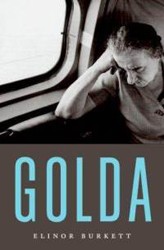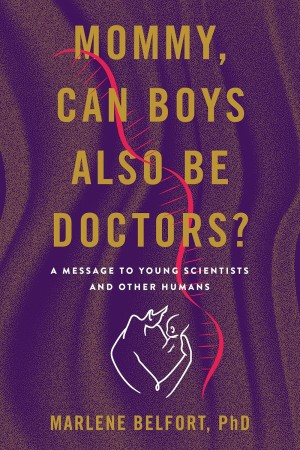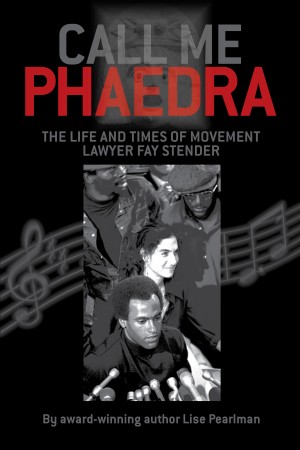The title of Gregory J. Wallance’s new book suggests a straight-up historical biography. Instead, this work of nonfiction is a sweeping tale of international intrigue and complex family dynamics, set against the backdrop of the early twentieth-century Middle East. In 1915, with the British at war against the Ottoman Empire, a band of young upstarts from Zichron Ya’akov formed the spy network Nili, an acronym for the Hebrew translation of “The Eternal One Israel Will Not Lie.”
Led by twenty-seven-year-old Sarah Aaronsohn, Nili aided the Brits through covert operations and intelligence gathering. Aaronsohn was assisted by close friends Avshalom Feinberg, Liova Schneersohn and Yosef Lishansky, as well as her siblings, including her headstrong older brother Aaron. A world-renowned botanist, Aaron started gathering secret military data about the Turks while addressing their devastating locust crisis. Aaron later landed in London, while Sarah headed up Nili operations and dictated procedure.
The book has all the elements of a John Le Carré novel — from furtive moonlit swims out to the steamship Managem, to the smuggling of gold across borders, to carrier pigeons transmitting military secrets. It’s a story rich with tension, suspense and, from an author’s perspective, potential. Wallance delivers. In clear, readable prose, he delves into the group’s motivations and actions, from Cairo to Constantinople and Atlit. The research is exhaustive, and the level of detail astounding, but not overwhelming. Wallance also reminds the reader that these were not just spies, but bright, ambitious twenty-somethings with their own desires, both personal and professional. The dynamics of the group provide a fascinating undercurrent to the plot. It was a tight group, but certainly not without its drama, romantic and otherwise.
While the female spy has typically been depicted as a conniving seductress à la Mata Hari, Wallance portrays Sarah Aaronsohn as she was: A young woman of fierce intelligence, staggering bravery and resourcefulness. Men certainly were dazzled by her, but it was her ability to outsmart the enemy and lead a team of underground rebels that made her a World War I heroine.
Amy Oringel is a communications consultant for risk advisory firm K2 Integrity, as well as a freelance writer whose work has appeared in The New York Times, BusinessWeek, and The Forward.




